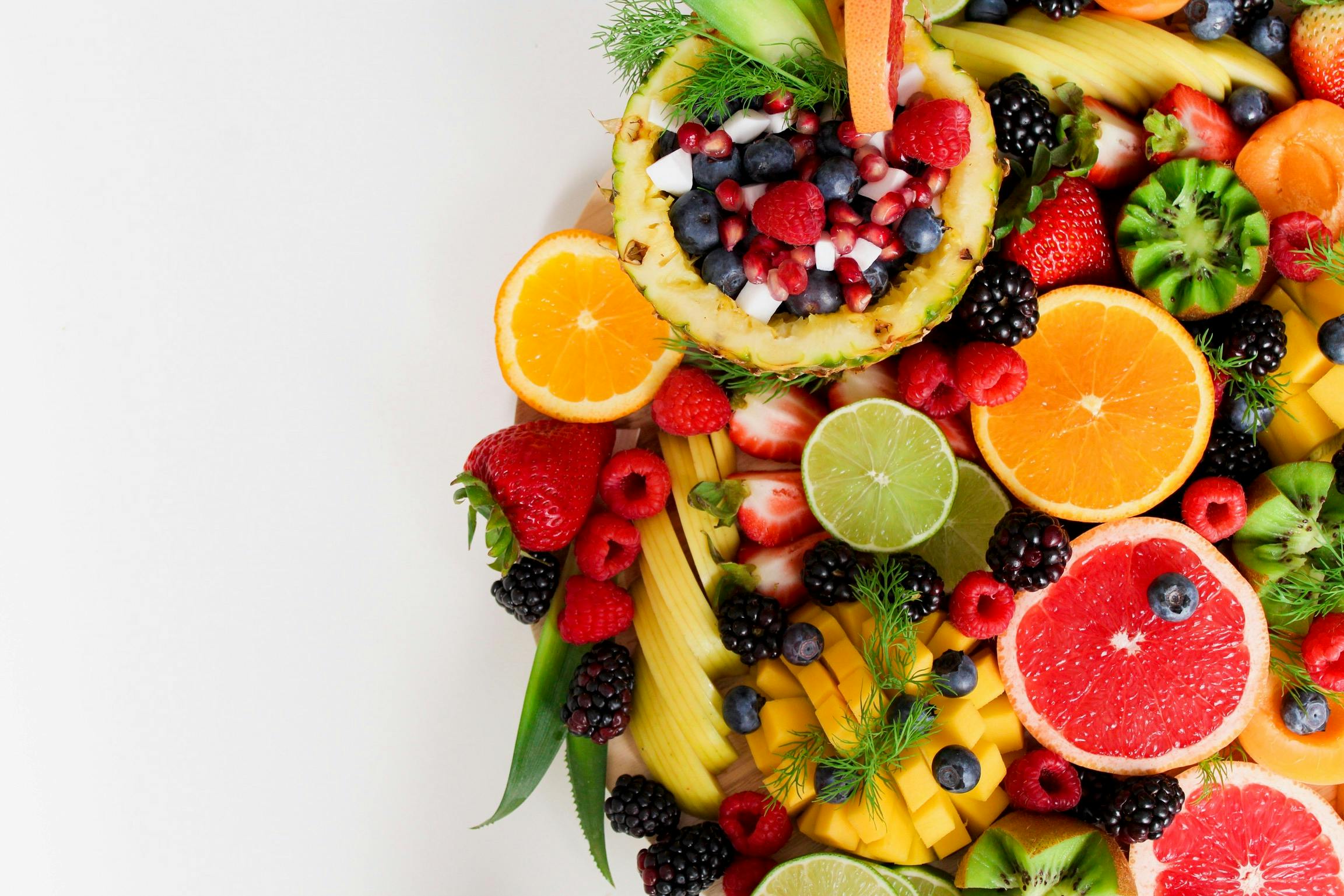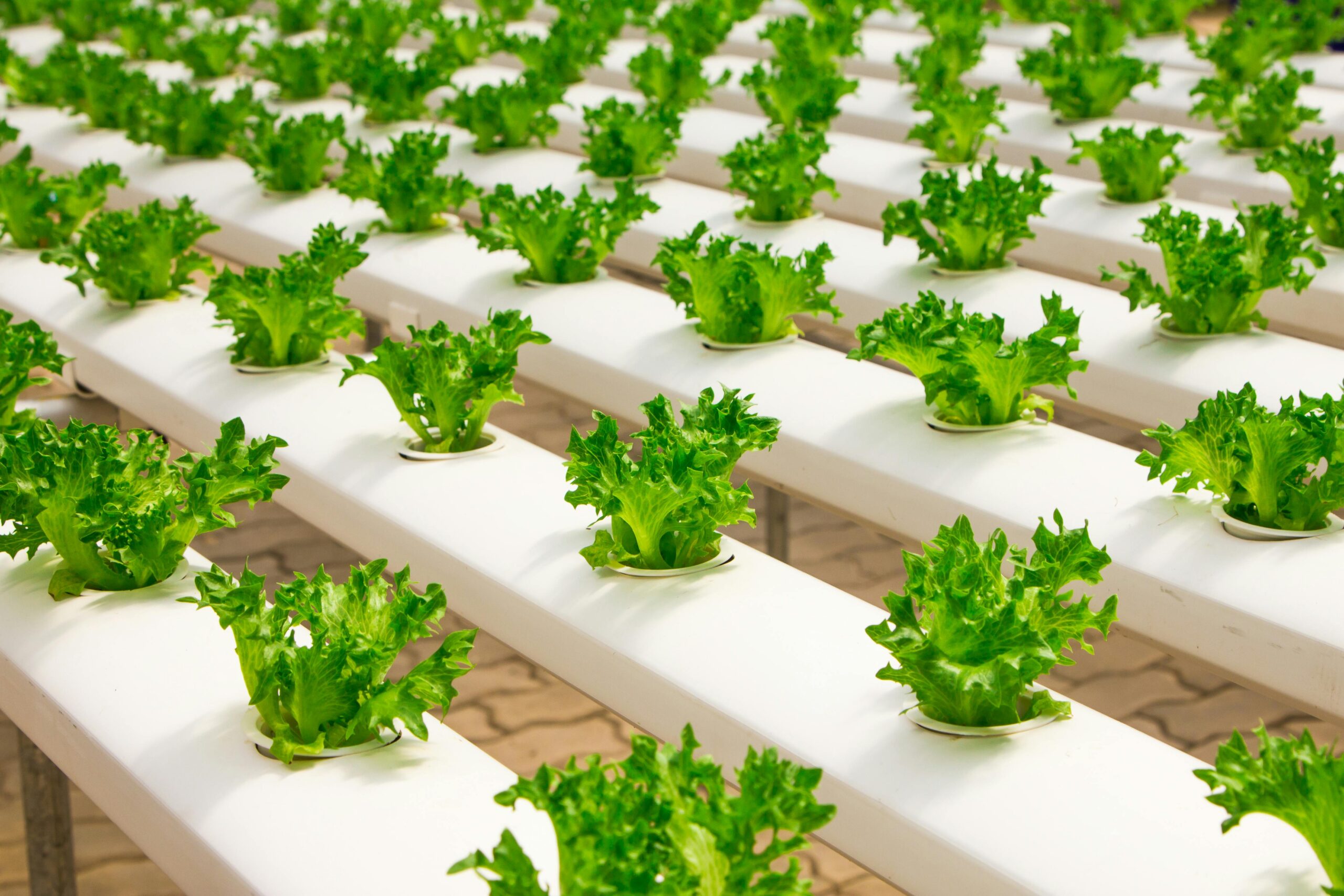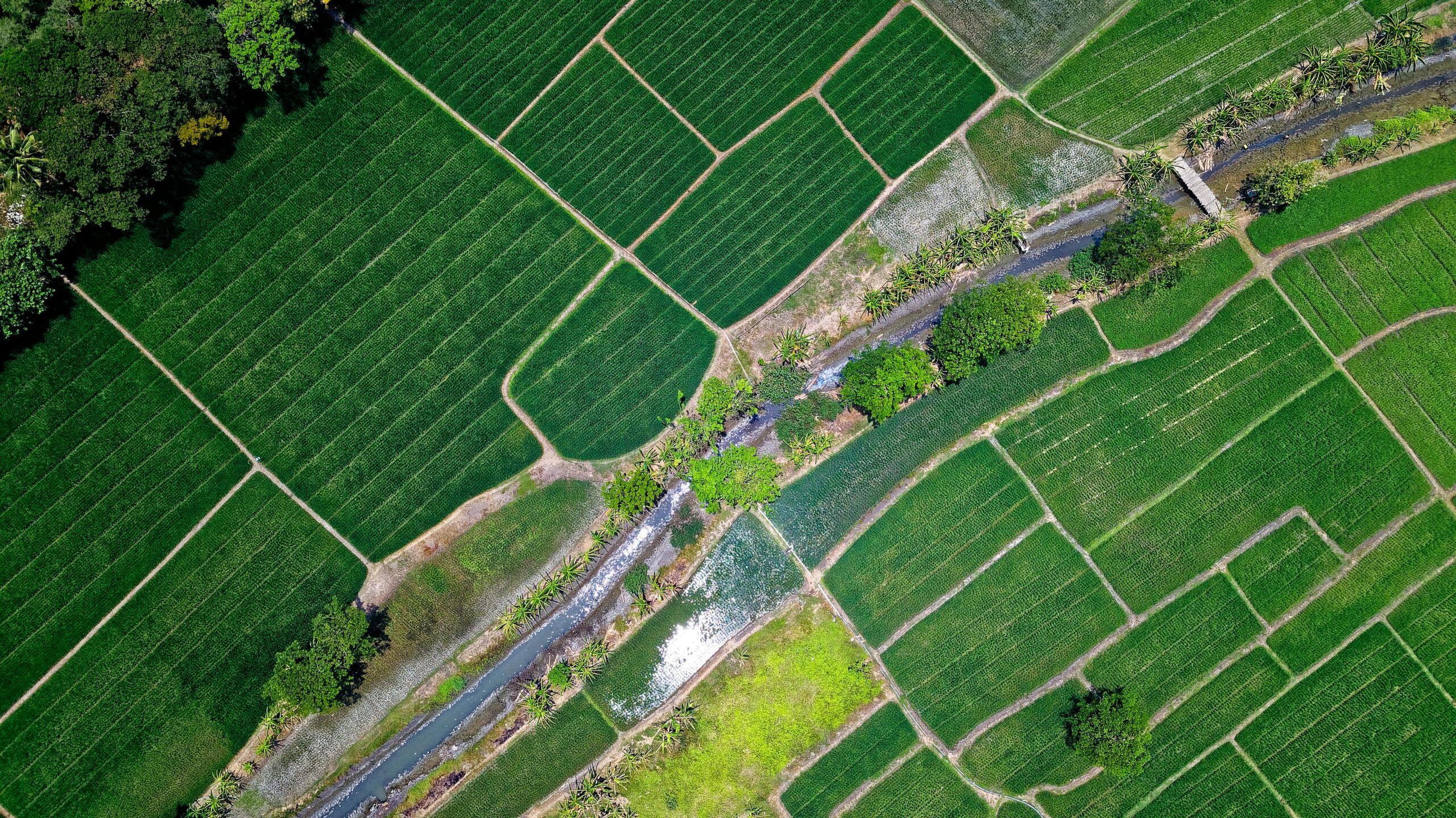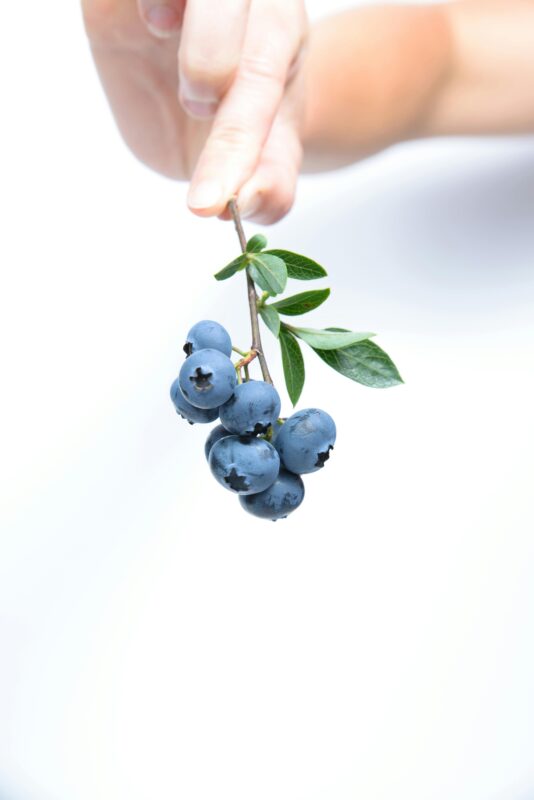
Overview
Agriculture & Food
The agriculture and food industries depend on robust intellectual property (IP) protection to safeguard innovations in crop development, food processing, and sustainable technologies. Patents, plant variety protections, trade secrets, and trademarks are critical for securing investments in research and development, ensuring market exclusivity, and fostering partnerships to address global food security and sustainability challenges.
Technology Areas
Crop Development
Genetically modified organisms, hybrid seeds, drought-resistant varieties
Biotechnology & Genetic Engineering
CRISPR-based gene editing, synthetic biology, microbial soil solutions
Food Processing & Preservation
Novel processing techniques, packaging innovations, shelf-life extension
Sustainable Agriculture
Precision farming, biofertilizers, pest-resistant crop technologies
Functional Foods & Nutraceuticals
Probiotics, fortified foods, plant-based proteins
AgTech & Data Analytics
AI-driven farming solutions, IoT for smart agriculture, supply chain optimization

Industry Insight
Industry Landscape
The agriculture and food sectors face unique challenges, including rising global demand, climate change, and regulatory pressures for sustainability and safety. Intellectual property protection is essential to incentivize innovation, recover R&D investments, and maintain competitive advantages in a rapidly evolving market.
Key IP challenges include navigating patentability for naturally occurring organisms, securing plant variety protections, managing global IP portfolios, and addressing biosafety and ethical concerns. Regulatory frameworks, such as those for genetically modified crops or novel foods, further complicate IP strategies. As precision agriculture, sustainable practices, and alternative proteins gain traction, companies must adopt integrated IP approaches to protect innovations from the farm to the table.
Types of IP Protection
Patents
Plant & Seed Patents: Protect new plant varieties, genetically modified traits, and breeding methods.
Process Patents: Cover agricultural processes, food production techniques, and preservation methods.
Use Patents: Protect novel applications, such as biofortified crops or functional food ingredients.
Biotech Patents: Encompass gene-editing tools, microbial inoculants, and synthetic biology applications.
Plant Variety Protection (PVP)
Certificates under the UPOV Convention provide exclusive rights over new plant varieties, complementing or replacing patents in some jurisdictions.
Trademarks
Protect brand names for seeds, food products, and agricultural services, ensuring market recognition.
Trade Secrets
Safeguard proprietary farming techniques, fermentation processes, recipe formulations, and supply chain data.
Copyrights
Used for software in precision agriculture tools, farm management systems, and marketing materials.
Industrial Designs
Protect the aesthetic design of food packaging, agricultural equipment, or innovative delivery systems.
IP Challenges in Agriculture & Food


